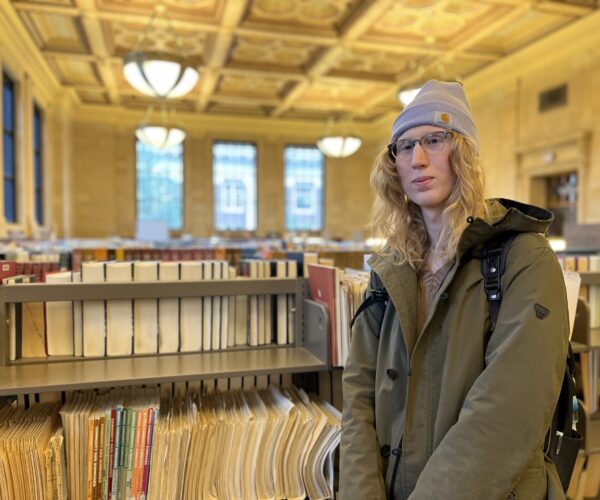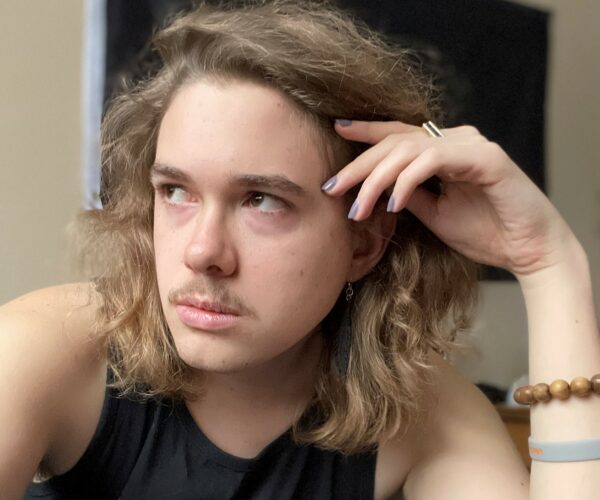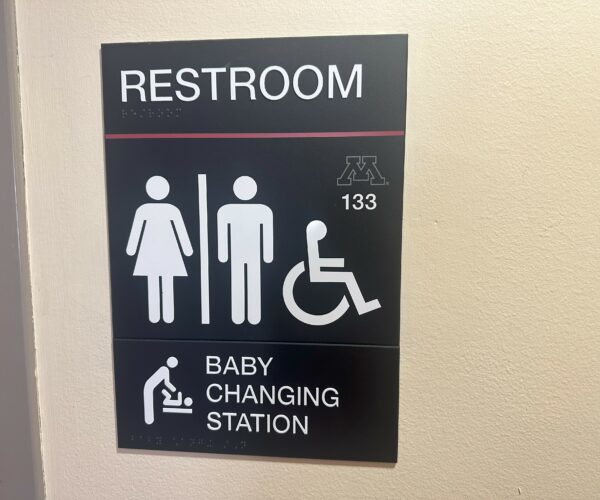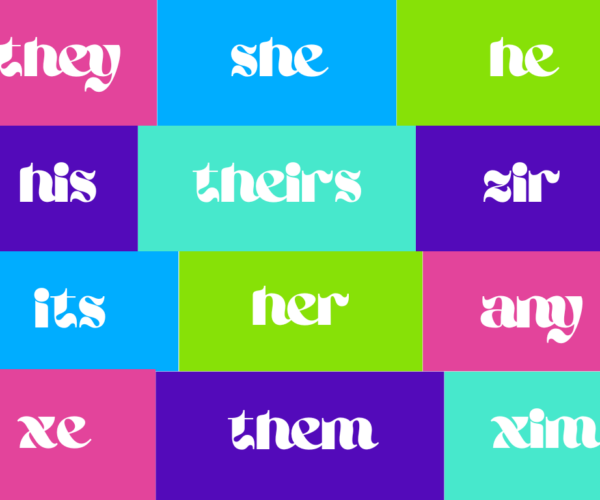By Amanda Fisher
Are outdoor spaces inclusive to all? That question is the start of a broad-ranging conversation for those who study queer ecology — an area that uses queer theory to examine interdisciplinary fields from queer and trans* perspectives.
“When [queer ecology] started out, people were asking things like, ‘How do gay people use outdoor spaces?’” said Erin L. Durban, an anthropology professor at the University and co-chair of the Association for Queer Anthropology. “But the field is now so big and includes so many different questions.”
Such conversations will come to campus March 23 to 25 in a three-day Queer and Trans* Ecologies Symposium, which will include intersections between the arts, humanities, social and environmental sciences and food science.
Like the plus sign in LGBTQ+, trans* with an asterisk includes gender identities like gender-fluid, agender, androgynous and others. Trans* ecology can give insight on the way we view environmental concerns like sex changes in frogs that occur from pesticides, Durban said.
The Queer and Trans* Ecologies (QTE) Interdisciplinary Initiative, led by Durban, will host the symposium, which will hold a vast schedule of speakers and events to explore how queer ecology can be implemented in many academic and applied fields.
“It’s been a really big learning experience to figure out how to cross certain kinds of fields,” Durban, who uses they and them pronouns, said. “The ways into queer and trans ecologies from the natural sciences is very different from the arts, and yet it’s flourishing in both of those areas. So, I feel like having the interdisciplinary mix is going to produce new conversations.”
Activities will begin in Northrop Auditorium with a presentation titled “What is queer ecologies?”
Durban said background knowledge on queer and trans* ecologies isn’t necessary to enjoy the symposium.
“I hope that the people who come and the people who are involved learn a lot from each other,” they said. “People can enter not knowing anything or knowing a lot in these fields and still feel like they get something out of it.”
More than 20 artists, activists, scholars and practitioners will be featured at the symposium. Events will include an art exhibit, queer dance party and workshops on meditation, screen printing and sauerkraut fermentation.
Although education is a goal of the symposium, Durban hopes the event will be an opportunity for queer people and allies to connect, create and enjoy themselves.
“Queer joy and pleasure, that’s really important,” they said. “This is going to tickle people’s brains, but also I think will really involve the body.” The event will include options for movement, meditation, writing, art, dance and other ways of connecting beyond sitting and listening to speakers.
“We’re hoping for magic,” Durban said. “I really, as a host, want people to enjoy themselves and have fun, and that’s not usually a goal of an academic symposium.”
Attendees will be able to participate in person or via Zoom, where many panels and events can be joined remotely.
All activities are open to the public and free of charge, with registration required through the event website. The organizers are looking for volunteers to help with event set-up, accessibility and transportation, and those interested can sign up on the site.
The QTE Interdisciplinary Initiative will record the panels for those who cannot attend and upload them to their website.The site will act as a resource for people to explore queer and trans* ecologies even after the symposium comes to a close, Durban said.




